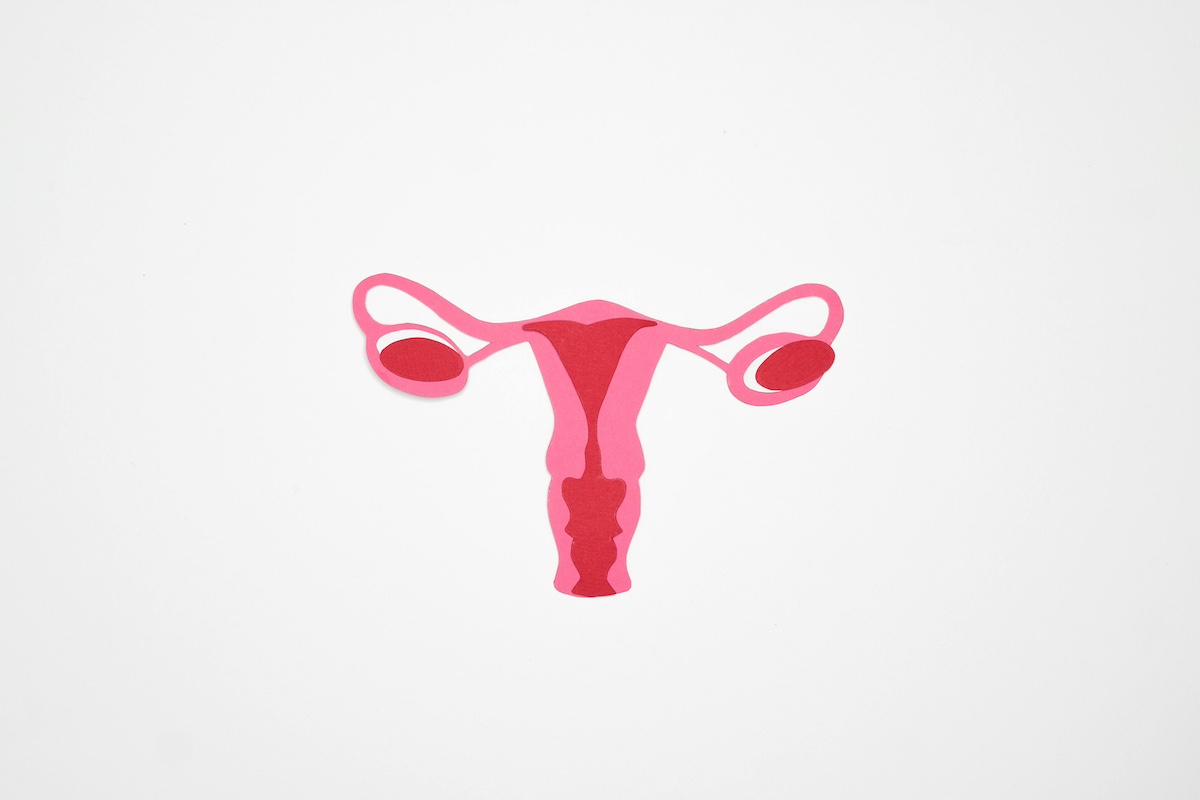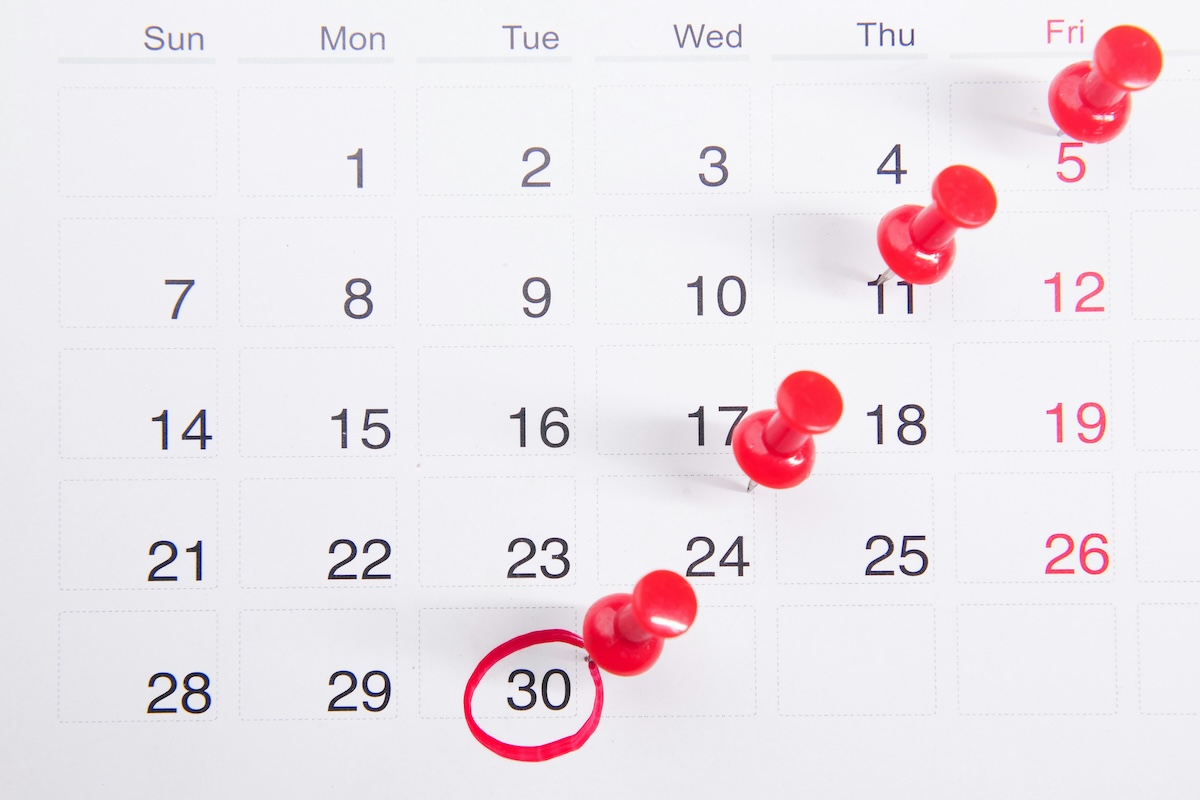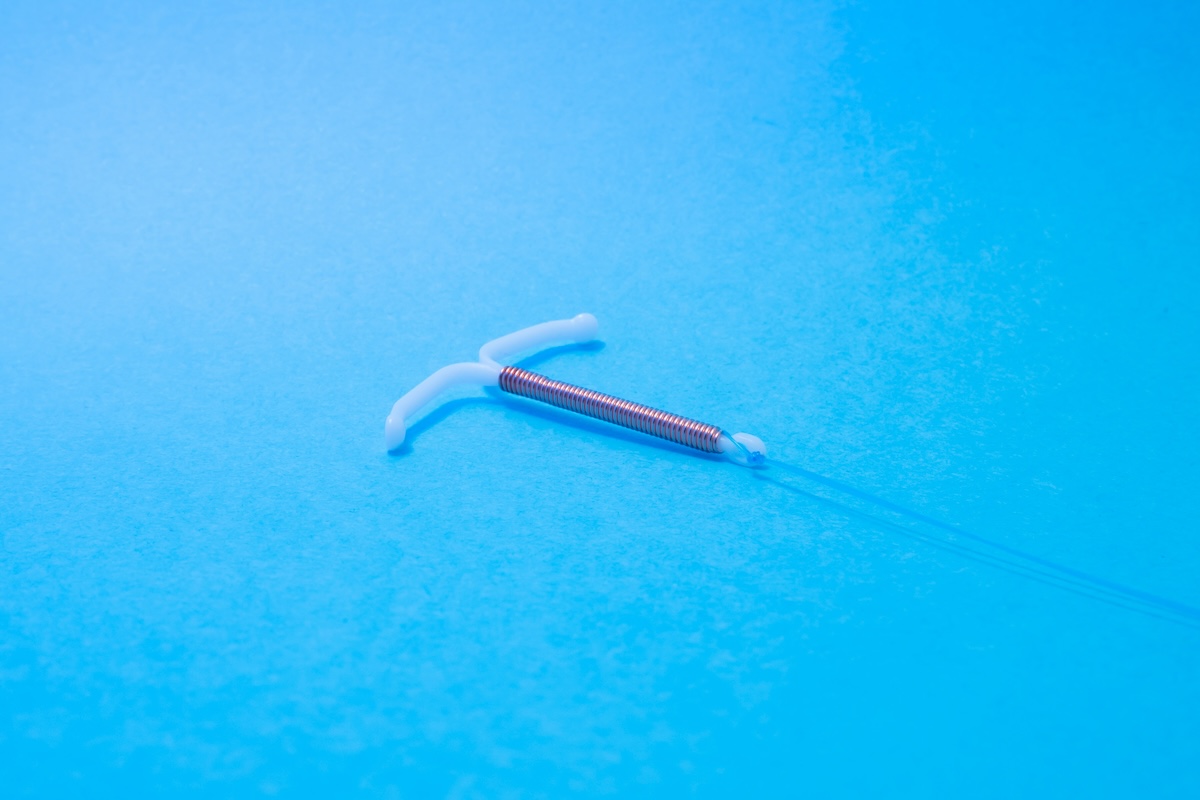I’ve noticed my legs get extra-sore around day 1 of my cycle, and while compression stockings help, it’s still a dull pain. I’ve had procedures for varicose veins, but the soreness sticks around. Could this be linked to my cycle, or are my legs just mad at me? Any tips to make them happier?
—Stuck in Stockings
Venous stasis, or venostasis — the name we give to blood pooling in the legs and other areas due to gravity — is one of those problems that is not typically dangerous but is annoying and uncomfortable. It is often associated with varicose veins, and the legs are the most common body part to experience venostasis, though some women experience pelvic congestion — venous stasis in the pelvic organs including the vagina and vulva.
As you describe, venous stasis causes dull achy pain. But why should it be worse around your period? The intuitive answer is that the hormone progesterone must play a role. In fact, it has been observed that varicose veins are more common in women, and venous stasis symptoms occur more frequently during the luteal phase of the menstrual cycle (that is, right after ovulation) and during pregnancy.

Back in the 1990s, researchers looked to figure out how the hormones estrogen and progesterone might be acting on the walls of veins. They took samples of a particular type of vein in the leg called saphenous veins from 30 subjects who were having their saphenous veins removed for other reasons. They performed special staining on the samples to identify estrogen and progesterone receptors in the cells of the vein samples.
Indeed they found that progesterone receptors were present in 90% of the samples and virtually no estrogen receptors. When they separated the samples into those samples from premenopausal women and those from menopausal women, they found that 100% of the samples from premenopausal women and 80% of the samples from postmenopausal women stained positive for progesterone receptors.
This suggests that progesterone, which is elevated during the luteal phase of the menstrual cycle, is acting directly on the veins themselves to cause the venous stasis many women experience. Unfortunately, how to manage venous stasis in the luteal phase is not well studied. As a result, there is not much that has been shown to improve the symptoms beyond what you are already doing — wearing compression stockings and elevating your legs when possible. This is not an instance where hormonal therapy like birth control pills is likely to be helpful, as they contain progestins.
The upshot: Many women experience the symptoms of venous stasis around their periods because progesterone is acting directly on the veins. Sadly, there is no data for anything other than conservative measures such as wearing compression stockings and elevating the legs.
Community Guidelines
















Log in
Could this also possibly be a sign of endometriosis?